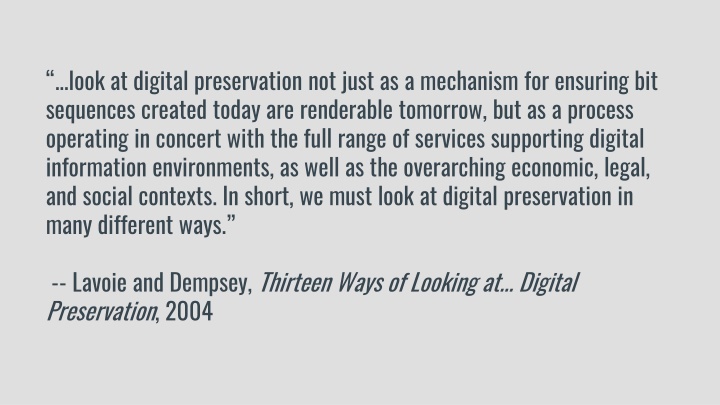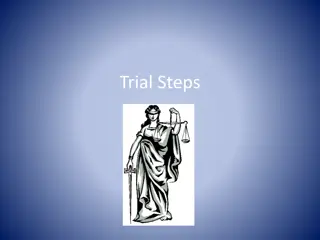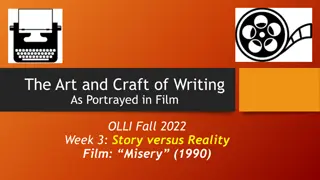
Different Perspectives on Digital Preservation and Technological Decisions
Explore the multifaceted nature of digital preservation, technological decisions, and their impact on economic, legal, and social contexts. Dive into the long-term consequences of technology, ethical considerations, and the perceived threats to natural stability and heritage integrity.
Download Presentation

Please find below an Image/Link to download the presentation.
The content on the website is provided AS IS for your information and personal use only. It may not be sold, licensed, or shared on other websites without obtaining consent from the author. If you encounter any issues during the download, it is possible that the publisher has removed the file from their server.
You are allowed to download the files provided on this website for personal or commercial use, subject to the condition that they are used lawfully. All files are the property of their respective owners.
The content on the website is provided AS IS for your information and personal use only. It may not be sold, licensed, or shared on other websites without obtaining consent from the author.
E N D
Presentation Transcript
...look at digital preservation not just as a mechanism for ensuring bit sequences created today are renderable tomorrow, but as a process operating in concert with the full range of services supporting digital information environments, as well as the overarching economic, legal, and social contexts. In short, we must look at digital preservation in many different ways. -- Lavoie and Dempsey, Thirteen Ways of Looking at... Digital Preservation, 2004
Technological decisions often have extremely long-term consequences, especially regarding the extraction of non-renewable resources and the depositing of toxic substances. Ethical adequacy would require that in fairness the risks and the costs of all such decisions be considered over the full-time frame of the impact. One more conclusion may be drawn about cost- and risk-benefit analyses: by their anthropocentrism they tend to ignore considerations of ecological justice. -- Frederick Ferre, Philosophy of Technology
There is an implied ideal of natural stability on the part of both climate and heritage, and any alteration of this natural stability is perceived through a paradigm of threat . Embedded within these ideals is an implied notion that our possession of heritage is a positive thing, which impels us to undertake actions to preserve the integrity of (physical) heritage assets for the sake of future generations. The implication is that change is threat, and we must prevent and/or mitigate this threat. -- Harvey and Perry, The Future of Heritage as Climates Change: Loss, Adaptation, and Creativity








